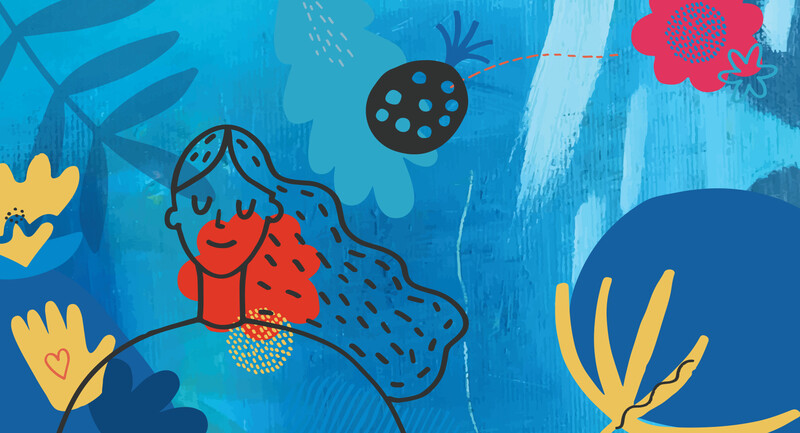My first year of teaching was a crash course. I did not receive an education degree, but instead opted to move to New York City after graduation and join an alternative certification program. I had no experience running a classroom. One of the first pieces of advice I received from nearly every mentor or supervisor was to create a token economy and start from day one. So, I did. I launched full-throttle into a token economy that involved losing points, earning points, and allowing students to shop for prizes weekly.
In the first system I tried, my 3rd and 4th grade students received a certain number of points a day, but they lost a point if they made a choice that did not follow our class contract. Students were upset when a point was taken away, but rather than learning to make a different choice or reflecting on the impact of that choice on themselves and others, students simply saw it as a lost point. This resulted in many students giving up any improvement for the day—and sometimes for the week. The system actually made discrepant behaviors more significant.
Rather than changing my approach, I changed my token economy system to tickets. I began positively praising behavior choices and handing out tickets like they were going out of style. Eventually I stopped handing out tickets and just gave praise. That didn't go over very well. Again, students were adhering to our contract because they were motivated by the ticket, not the behavior. The extrinsic reward not only reduced intrinsic motivation, but it also became a roadblock to students owning or internalizing the expectations we had set together.
At this point, no one in our room was feeling good about themselves, including me. So, I studied the science of motivation and read books by Daniel Pink, Carol Dweck, and Malcolm Gladwell. From these texts I learned how important it is to praise effort, celebrate struggle, and encourage students to explore what motivates them. These skills need to be explicitly modeled and practiced. I also read Brain Rules by John Medina and understood that stressed brains learn differently. I dug deeper into John Hattie's effect rates, including my favorite: that feedback—not praise or rewards—has one of the highest impacts on student achievement. I read about the Raise Responsibility System from Marvin Marshall's Discipline Without Stress and decided to start fresh. Rather than a contract or a set of expectations, we began with why.
Our class talked about the different types of choices we make, using four different levels adapted from the Raise Responsibility System. Reading aloud examples from texts, we identified the leveled choices that characters made and discussed how those choices made us, and those around us, feel. In lieu of a day to "shop" with our tickets, we held a weekly class meeting where we discussed our successes as our goals. Sometimes we shared something from our lives or pulled a random stick with the name of a classmate to compliment. It was a time for us to gather and problem solve. A big part of our discussion was talking about the number and types of choices we make in a day. We might make a low-level choice (we used the phrasing low-level and high-level choices rather than good or bad), but we could also make different, high-level choices. What might be the outcomes of these choices, and how would those outcomes make us feel? This conversation helped us focus on the behavior, not the person.
It wasn't always easy helping my students transition from years of school experiences that taught them expected behaviors were met with tangible, external, teacher-controlled rewards. Eventually, they came to recognize the feeling that they have the power of choice, the
power to do the right thing. That feeling was their reward. Some students needed more support. To replace the tickets, they kept tallies when they received a compliment from a peer or teacher. They would look for patterns in their day to find challenge times and times of success. Some students needed more structured talking points and ways to share
their feelings and frustrations. Once we added these pieces to our daily practice, the classroom transformed. It became a kind, productive, thoughtful place. We were able to learn, have fun (we were partial to dance parties), and enjoy spending time with one another. Leaving the safety net of an external motivation system behind is not quick, easy,
foolproof, or one-size-fits-all. But it is powerful to allow children to develop the internal motivation to make better choices as they grow.
power to do the right thing. That feeling was their reward. Some students needed more support. To replace the tickets, they kept tallies when they received a compliment from a peer or teacher. They would look for patterns in their day to find challenge times and times of success. Some students needed more structured talking points and ways to share
their feelings and frustrations. Once we added these pieces to our daily practice, the classroom transformed. It became a kind, productive, thoughtful place. We were able to learn, have fun (we were partial to dance parties), and enjoy spending time with one another. Leaving the safety net of an external motivation system behind is not quick, easy,
foolproof, or one-size-fits-all. But it is powerful to allow children to develop the internal motivation to make better choices as they grow.








